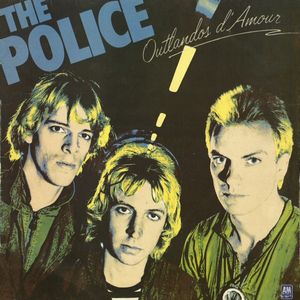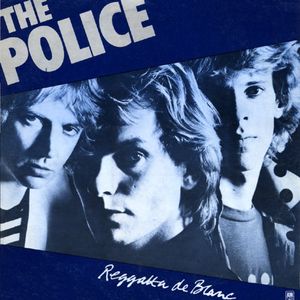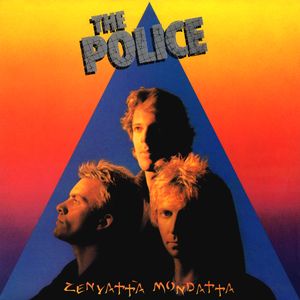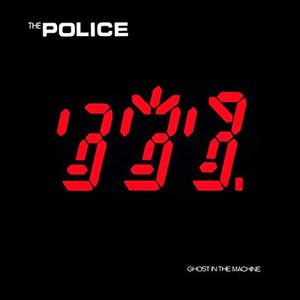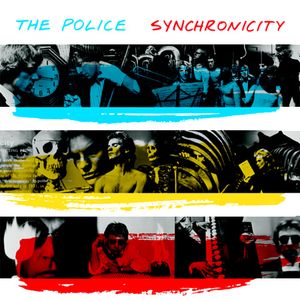
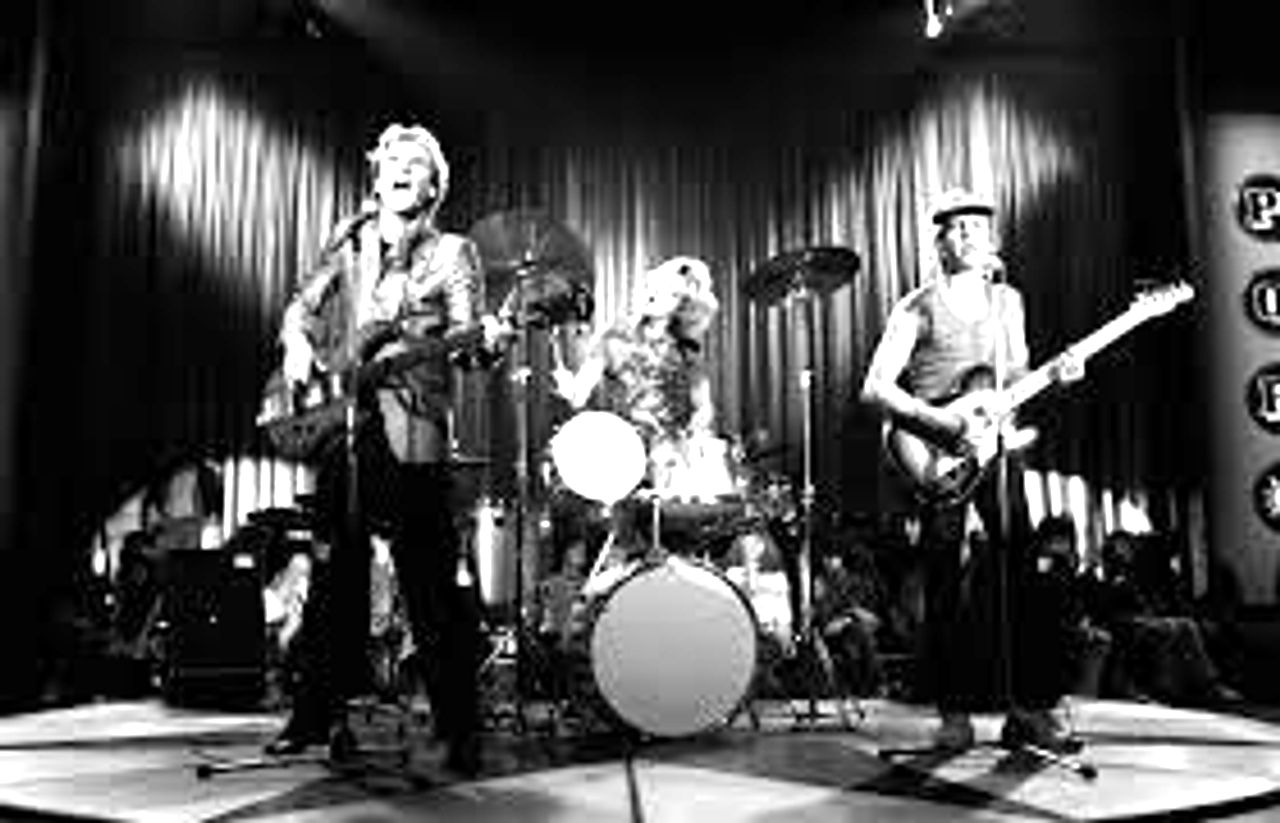
The Police
Follow Your Favorite Band Today!
Top The Police Community Posts
Story of The Police
The Police: A Rock Revolution
The Police, a legendary English rock band, emerged from the vibrant music scene of London in 1977. Within a short time, their lineup solidified with the iconic trio of Sting (the enigmatic vocalist, bassist, and primary songwriter), Andy Summers (the virtuoso guitarist), and Stewart Copeland (the dynamic drummer and percussionist). This formidable lineup remained steadfast throughout the band's illustrious career.
The Police quickly captured the hearts of music lovers worldwide in the late 1970s and early to mid-1980s. They rose to prominence amidst the British new wave movement, blending elements of punk, reggae, and jazz into their signature rock sound.
Their debut album, "Outlandos d'Amour" (1978), soared to the UK's top 6, fueled by the infectious singles "Roxanne" and "Can't Stand Losing You." Their sophomore effort, "Reggatta de Blanc" (1979), marked a pivotal moment in their career, achieving a coveted No. 1 spot in both the UK and Australia. It spawned the chart-topping hits "Message in a Bottle" and "Walking on the Moon," catapulting the band to international stardom.
The Police continued their winning streak with "Zenyatta Mondatta" (1980) and "Ghost in the Machine" (1981). These albums yielded further critical acclaim and commercial success, including the UK number-one singles "Don't Stand So Close to Me" and "Every Little Thing She Does Is Magic," which also resonated with audiences globally. "Zenyatta Mondatta" proved to be a monumental breakthrough in the US, reaching number five on the Billboard 200.
Their final studio album, "Synchronicity" (1983), topped the charts in the UK and US, cementing their legacy as one of the most influential rock bands of all time.
Frequently Asked Questions
Bands you may like
More Alternative Rock Bands
Discover more bands in the Alternative Rock genre and explore the diverse sounds that define this musical style.
Browse All Alternative Rock BandsMore Bands from United Kingdom
Discover the rich musical heritage of United Kingdom and explore bands that represent the country's unique sound and culture.
Browse All United Kingdom Bands
